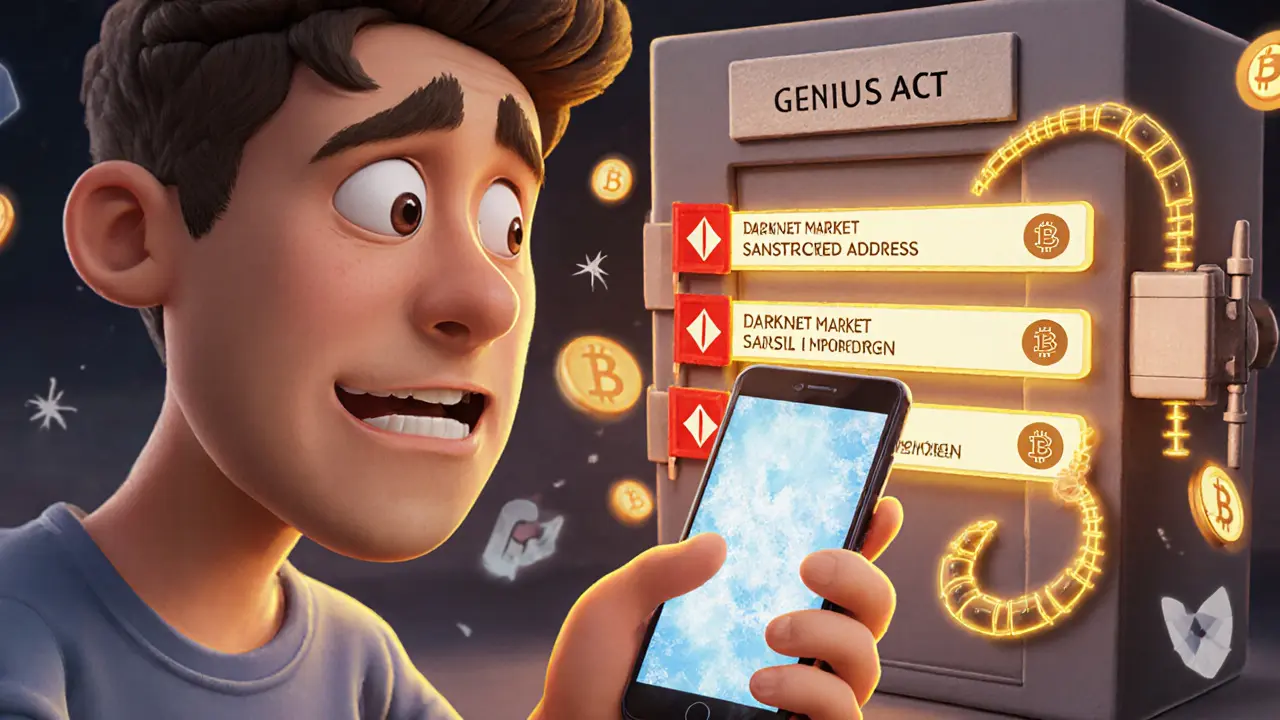Crypto Bank Restrictions: What You Can't Do and Why It Matters
When you hold cryptocurrency, you might think you’re outside the traditional banking system—but crypto bank restrictions, government rules that limit how you can use, move, or store digital assets through financial institutions. Also known as crypto financial controls, these restrictions are no longer rare—they’re becoming the norm in over 60 countries. If you’re in Russia, Cuba, or even parts of Africa, your ability to trade, withdraw, or even hold crypto can vanish overnight because a bank or exchange got flagged by regulators.
These restrictions don’t just target big players. They hit everyday users too. Take asset forfeiture, when governments legally take your crypto without a conviction, often based on suspicion of illegal activity. Also known as crypto seizure, this has happened to thousands in the U.S. alone, with over $17 billion in Bitcoin confiscated since 2020. Why? Because banks now report crypto transactions to agencies like FinCEN and OFAC. If your wallet interacts with a sanctioned exchange like Garantex or Exved, your bank might freeze your account—even if you never broke a law.
crypto exchange bans, when regulators shut down platforms for lacking licenses, security audits, or compliance with anti-money laundering rules. Also known as regulated crypto blacklists, these aren’t random—they follow clear patterns. Countries like Angola banned mining entirely because power grids were collapsing. Others, like the U.S., target privacy coins not because they’re illegal, but because they make tracking harder. Meanwhile, exchanges like SkullSwap and Blockfinex get flagged not for fraud, but for silence—no audits, no team, no transparency. That’s enough for banks to cut them off.
What does this mean for you? If you’re trading on unregulated platforms, you’re playing with fire. Your funds can disappear not because of a hack, but because a bank pulled the plug. And if you’re in a sanctioned country, even using a popular exchange like Changelly Pro could get you in trouble—it’s not available in the U.S. or U.K. for a reason.
This collection dives into real cases: how Angola shut down mining rigs, why Cuba’s crypto rules changed overnight, and which exchanges are now outright banned for Russian users. You’ll see how asset forfeiture works in practice, why privacy coins are under fire, and how blockchain oracles and BFT consensus aren’t just tech jargon—they’re the backbone of systems trying to stay compliant. These aren’t theoretical risks. People have lost savings. Others have faced criminal charges. What you learn here isn’t about speculation—it’s about survival in a world where your crypto wallet is now part of the banking system’s watchlist.
Why Your Bank Account Is Freezing Over Crypto Activity in 2025
Bank accounts are freezing for crypto activity in 2025 due to new federal laws requiring banks to block transactions linked to suspicious blockchain addresses-even if you didn't do anything wrong. Here's why it's happening and how to protect yourself.
